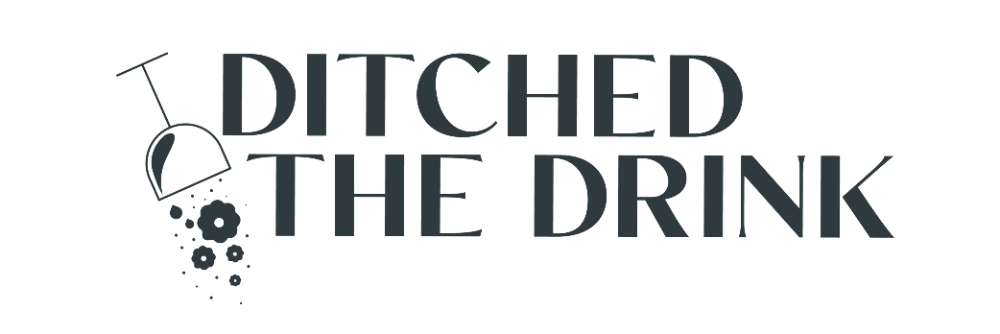Why I Don’t Use the Word “Alcoholic” — The Power of Language in Recovery
Jun 12, 2025
It stings when someone calls me an “alcoholic.”
Not because I’m in denial. Not because I’m ashamed of the work I’ve done to change my relationship with alcohol. But because that word, "alcoholic," is heavy with assumptions, judgment, and stigma. It flattens complex human stories into a single, limiting label. It erases context, identity, and individuality.
And I’m not alone in feeling this way.
The Problem with the Label
Let’s start here: “Alcoholic” isn’t a medical term. It’s a cultural one.
In clinical settings, you’ll hear terms like “alcohol use disorder” to describe the spectrum of alcohol-related challenges. But in everyday language, we default to “alcoholic,” a word that carries decades of stereotypes, misconceptions, and shame.
When people hear “alcoholic,” they often picture someone who’s lost everything: job, home, relationships. Someone drinking in the morning. Someone out of control. The worst-case scenario.
But alcohol dependence doesn’t always look like that.
It can look like the high-achieving executive who drinks every night to cope with stress.
The mom at the playdate who jokes about needing wine to survive parenthood.
The creative who can’t find their flow without a drink in hand.
The person who looks fine on the outside but feels like they’re unraveling inside.
The Stereotypes Are Dangerous
When we use the word “alcoholic,” we reinforce an outdated binary: you’re either normal or broken. Social drinker or alcoholic. In control or out of control.
This black-and-white thinking does real harm.
It keeps people stuck in silence because they don’t “qualify” as an alcoholic, even if alcohol is hurting their health, their sleep, their confidence, or their joy.
It shames those who do identify with the word and reduces their entire identity to a single problem.
It suggests that drinking too much is a character flaw rather than a complex coping mechanism that often grows out of trauma, stress, loneliness, perfectionism, or pain.
What If We Told the Truth Instead?
What if we dropped the label and started talking honestly?
What if we made space for nuance, for curiosity, for compassion?
What if we said:
-
“I was using alcohol to numb my anxiety.”
-
“I realized I felt better when I stopped drinking.”
-
“Alcohol became a habit I wanted to break.”
-
“I was hiding behind wine because I didn’t know how to ask for help.”
-
“I quit drinking because I wanted more from life.”
There’s nothing shameful about deciding alcohol doesn’t work for you. There’s no prize for waiting until you hit rock bottom to make a change.
We deserve a new language for this conversation, one that honors growth, not guilt. One that sees people as whole and evolving, not broken or diseased.
Beyond the Word
Some people do choose to identify as an alcoholic, and that label helps them claim their truth and stay accountable. That’s valid too. There’s no one right way to heal.
But if the word “alcoholic” doesn’t feel like yours, you’re allowed to reject it. You’re allowed to define your own story.
You’re allowed to be sober, sober curious, alcohol-free, in recovery, or just… a person making empowered choices.
Whatever words you choose, let them reflect who you are, not who the world says you should be.
Because you are not a label.
You are a human being.
And your story is worthy of dignity, nuance, and respect.
